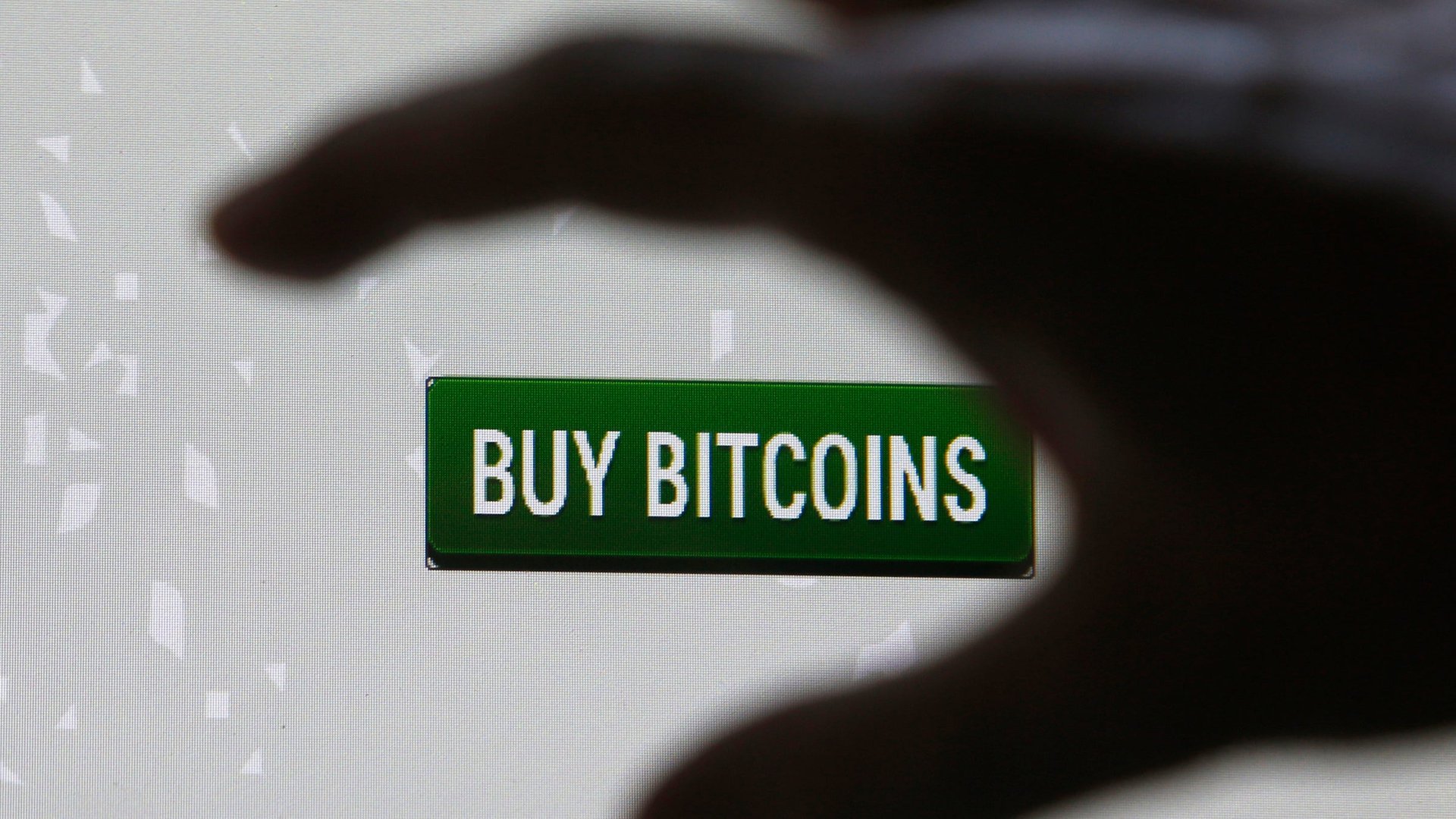There are good reasons to buy bitcoin. Too bad they might be contradictory
David Kinitsky controls $50 million in bitcoin. He’s a senior director at Second Market who manages the company’s Bitcoin Investment Trust (BIT), a private vehicle for accredited investors akin to an exchange-traded fund, and is building a new bitcoin exchange for financial institutions. After the collapse of the largest bitocin exchange this week sent prices falling, I wanted to ask him, as a leader among the group of companies who want bitcoin to grow up before it blows up, why bitcoin is a good investment?


David Kinitsky controls $50 million in bitcoin. He’s a senior director at Second Market who manages the company’s Bitcoin Investment Trust (BIT), a private vehicle for accredited investors akin to an exchange-traded fund, and is building a new bitcoin exchange for financial institutions. After the collapse of the largest bitocin exchange this week sent prices falling, I wanted to ask him, as a leader among the group of companies who want bitcoin to grow up before it blows up, why bitcoin is a good investment?
“A powerful global transaction network.”
“A store of value.”
“A medium of exchange.”
- This is what excites both Silicon Valley and the banks despite the crash. “The tech and venture community are excited about the network and protocol,” Kinitsky says, while banks are excited about integrating that technology into their own operations. “Every single bank has a team in its strategy department that is looking at bitcoin.”
- There’s lots of currency depreciation around the world right now, and Kinitsky says that “folks from more emerging markets or non-industrialized countries are excited about the store of value, [and] worried about instability.” You can already see this in China’s bitcoin love-affair, but you can imagine all kinds of people who might want to keep their money in bitcoin rather than their home currency, especially where buying safer currencies like the euro or the dollar are forbidden. And, of course, if you think the euro and the dollar are set for failure, one of the original use cases for bitcoin.
- Even Kinitsky didn’t seem too bullish on the idea that bitcoin would replace other currencies are a popular medium of exchange, but he mentioned it as a possibility. It’s tough to imagine at the moment, given the challenges of securing bitcoin from hackers.
But do all of these investment theses work together? Today, bitcoin’s high price depends on new speculators buying and holding large chunks of currency; after the Mt. Gox collapse, it’s not clear what will keep driving demand. If bitcoin becomes a widely-used currency, it will still be a store of value—but perhaps at a lower price than today. If bitcoin becomes the foundation of a payments network used mainly by financial institutions, its price may also fall. But if it remains a commodity held by just a few large investors, will it be useful as a payments system or a currency? Kinitsky says that his investors are approaching these questions like they would any start-up—”could be huge, could be a bust.”
“It is a speculative commodity until the use case gains traction,” Kinitsky says. “By [investing], you’re also contributing to developing the infrastructure that will be its own prophecy of fostering those use cases to take hold.”
Second Market is spinning off its bitcoin business into a new, as yet unnamed firm that will combine its ten person alternative currency trading team; BIT; and a bitcoin trading exchange for financial institutions modeled on ICE or NYSE the company hopes to open this summer.